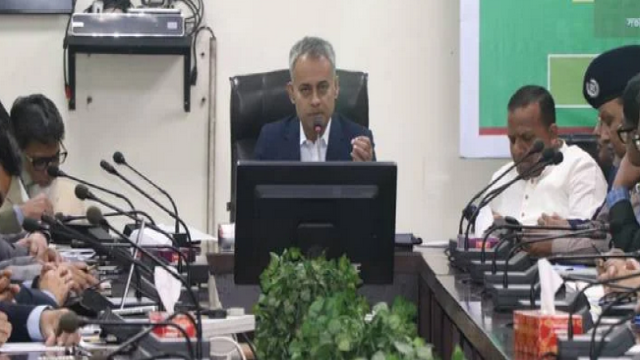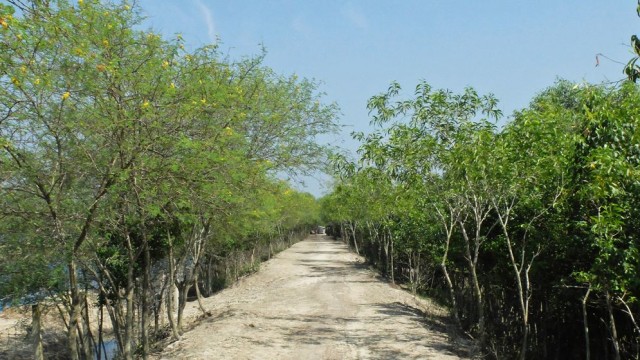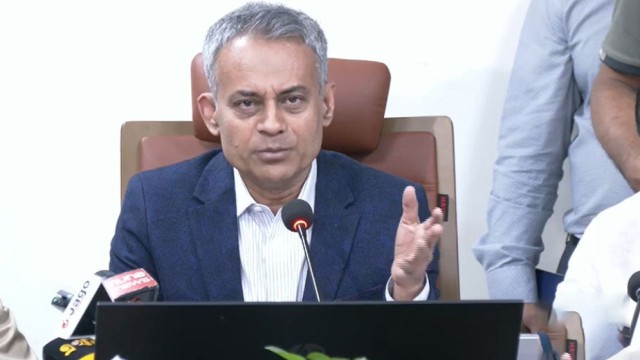Dhaka, January 16 (V7N )– Bangladesh's bustling capital, Dhaka, ranked as the city with the second-worst air quality globally on Thursday morning, with an alarming Air Quality Index (AQI) score of 240. This level of pollution, classified as “very unhealthy,” poses a severe health risk to residents.
Global Air Quality Rankings
1. Kolkata, India – AQI: 243
2. Dhaka, Bangladesh – AQI: 240
3. Mumbai, India – AQI: 223
4. Karachi, Pakistan – AQI: 215
The AQI index, designed to communicate the health implications of air pollution, categorizes air quality as follows:
Moderate (51-100): Risk for sensitive individuals during prolonged outdoor activities.
Unhealthy for Sensitive Groups (101-150): Impacts on those with pre-existing health conditions.
Unhealthy (151-200): Adverse effects for all residents.
Very Unhealthy (201-300): Severe health risks requiring precautions.
Hazardous (301+): Serious health impacts, requiring emergency measures.
Air Pollution in Dhaka
Dhaka's air quality deteriorates notably during the winter months, with factors like construction, vehicle emissions, brick kilns, and industrial activities contributing to high pollution levels. The city often experiences a brief respite during the monsoon.
The AQI in Bangladesh tracks five key pollutants:
Particulate Matter (PM2.5 and PM10)
Nitrogen Dioxide (NO2)
Carbon Monoxide (CO)
Sulfur Dioxide (SO2)
Ozone
Health Impact and Global Context
According to the World Health Organization (WHO), air pollution causes an estimated seven million deaths annually, primarily linked to stroke, heart disease, chronic respiratory diseases, lung cancer, and acute infections.
As Dhaka continues to grapple with hazardous air quality, residents are advised to minimize outdoor activities, especially children, theelderly, and those with pre-existing health conditions.
END/CLM/RH/






























Comment: